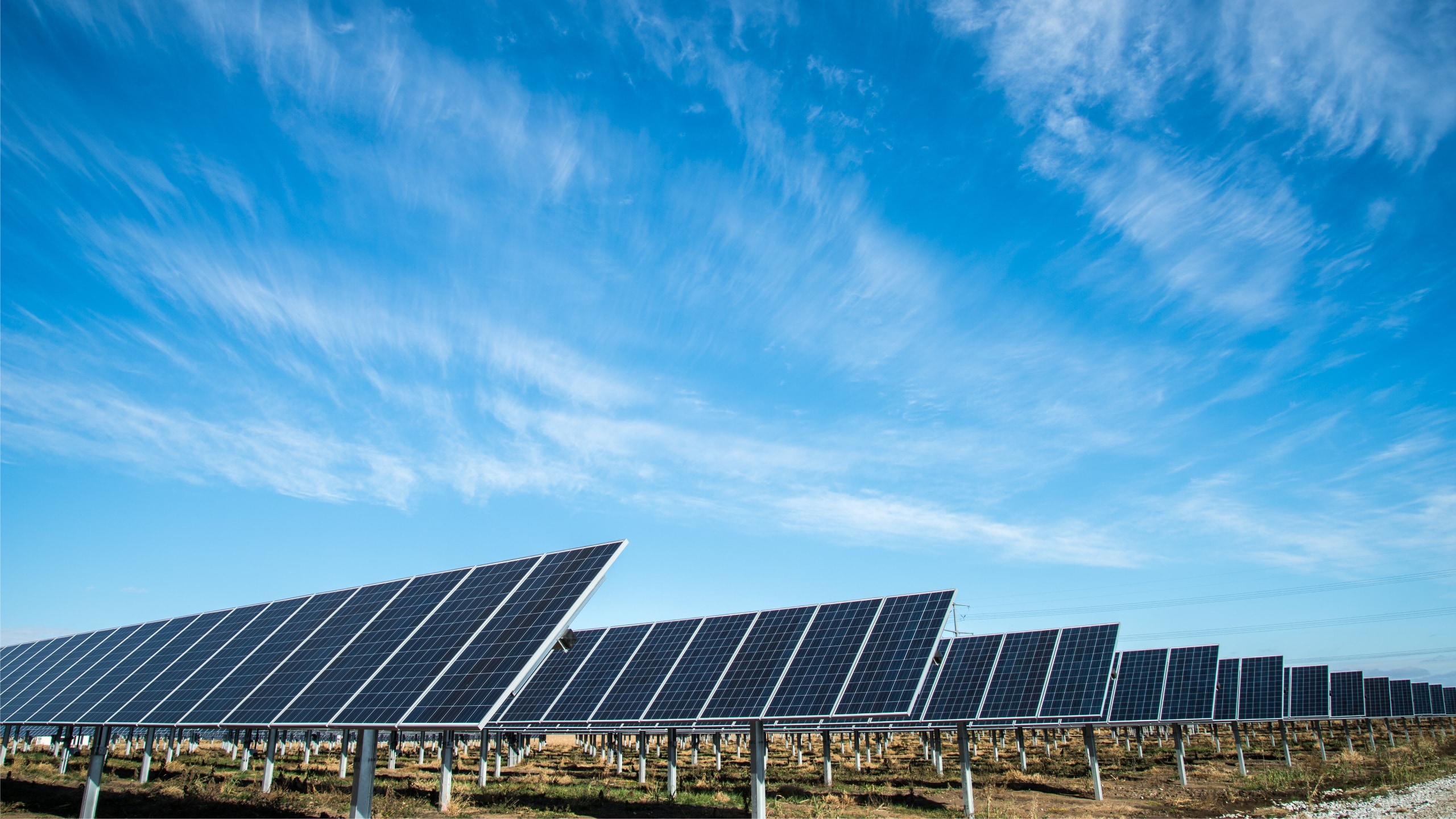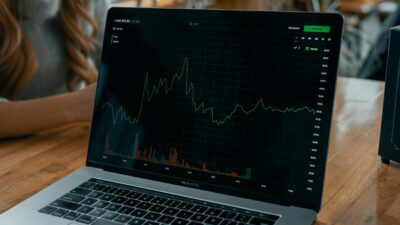Sydney Business Insights

Megatrends watch
Solar overtakes oil investment – at last
MIT Technology Review | June 2023
Green power is finally pulling ahead of investment in oil production.
Last year saw the biggest investment ever in clean energy – US$1.7 trillion out of a total of US$2.8 trillion invested in all aspects of energy generation globally. The International Energy Agency has been tracking energy investment for the last eight years.
Clean energy includes renewables, nuclear, EVs and heat pumps (which help lower emissions).
The sun is now the main game and this year, for the first time ever, investment in solar energy is expected to exceed that in oil production. What a difference a decade makes: in 2013, oil investment exceeded solar by nearly six to one.
That’s the good news.
The sobering news is the world needs to triple spending on renewables between now and 2030 if we are to meet our Paris Agreement commitments, and limit global warming to 1.5ºC above pre-industrial levels.
The climate change and resource security megatrend captures the risks of continuing with business as usual. The shift in energy investment is a key signal that change is possible. However, fossil fuel companies are definitely not making themselves part of the solution. For the past two years, barely 1% of expenditure by fossil fuel companies was invested in low carbon capital. While their spend on oil infrastructure is falling (hence being overtaken by solar investments on the part of others) fossil fuel companies were putting their resources into paying dividends, buying back stock and paying down debt.
Shifting the trajectory of this megatrend will be the story of the century. The IEA’s role – which has been around for 50 years – tracking and providing the information needed to assess progress, perhaps needs greater recognition.
Megatrends watch: climate change and resource security
Subverting
Stable
Accelerating
This update is part of our Megatrends Watch series, which tracks developments that inform our six global megatrends….
Image: American Public Power Association
Sydney Business Insights is a University of Sydney Business School initiative aiming to provide the business community and public, including our students, alumni and partners with a deeper understanding of major issues and trends around the future of business.
Share
We believe in open and honest access to knowledge. We use a Creative Commons Attribution NoDerivatives licence for our articles and podcasts, so you can republish them for free, online or in print.









